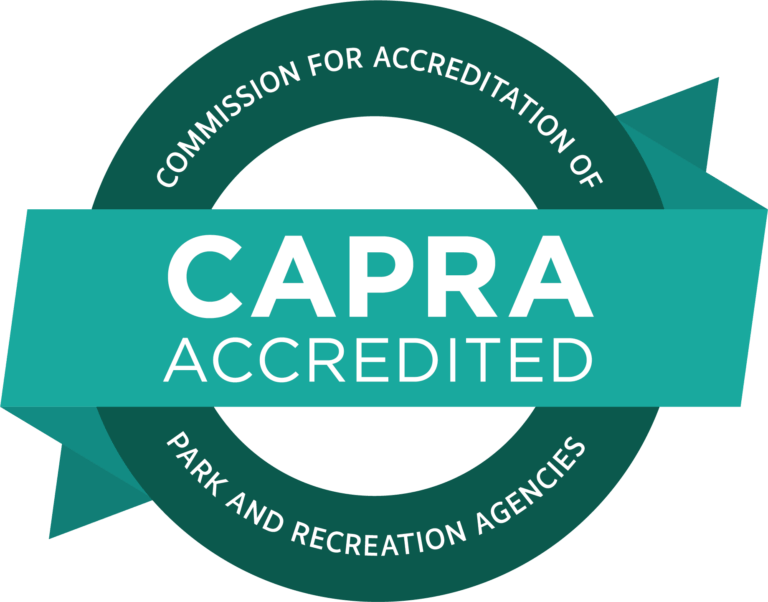
Nestled below the famous star on Mill Mountain, the Discovery Center is home to interactive educational exhibits, animal exhibits, and a surrounding wildflower garden and nature trail. The Discovery Center is also home to the Nature Lab environmental education program, bringing children closer to the outdoor world around them.
Nature Lab is an SOL-based science program designed for homeschool and virtual students. Offered multiple times throughout the year, each Nature Lab program meets weekly for six two-hour sessions. Taught by a fully licensed teacher and environmental education instructors, this program provides meaningful experiential learning alongside rigorous scientific instruction. With its home base on Mill Mountain, students are able to easily connect with the outdoor environment through the park setting. Students spend their time in a wide variety of meaningful activities (see specific SOLs covered at the bottom of this post), allowing them to:
- pursue deeper understandings of scientific principles
- carry out investigations
- interpret and analyze scientific data
- play thematic games
- compare and contrast the intricacies of abiotic and biotic ecosystem components
- explore the natural beauty in each season on Mill Mountain
Beyond the knowledge gained through environmental education programs, students also gain a sense of well-being through the program. “Certainly, a side benefit to all of our fun hiking, observing, creating, investigating and sharing is enhanced social emotional well-being and awareness for student participants,” says Gretchen Boeren, with Roanoke Parks and Recreation.
If you’re looking for a way to engage your child in meaningful, outdoor, experiential learning while also giving them access to rigorous academic science instruction, then Nature Lab is for you!
For more information, contact Matt, Gretch, or Dylan at 540-853-1236.
Please note, currently Nature Lab is only offered for grades 3-5, but if enough interest is expressed for middle or high school levels, there is an opportunity for those sessions to be added.
Upcoming Nature Lab Series
Winter Tuesdays
| Winter Wednesdays
|
Spring Tuesdays
| Spring Wednesdays
|
Standards of Learning (SOL) Often Covered
| 3.1 (a, b, c, d, and e) 3.3 (a and b) 3.5 (a and b) 3.6 (a and b) 3.7 (a, b, and c) 3.8 (a, b, and c) | 4.1 (a, b, c, d, and e) 4.2 (a, b, and c) 4.3 (a, b, c, and d) 4.4 (a, b, and c) 4.5 (a, b, and c) 4.6 (a, b, and c) 4.8 (a, b, c, and d) | 5.1 (a, b, c, d, e, f, g, h, i, j, and k) 5.8 (c and d) 5.9 (a, b, and c) |
| 6.1 (a, b, c, d, e, and f) 6.2 (a, b, c, and d) 6.3 (a, b, c, d, and e) 6.4 (a) 6.6 (a, b, c, d, e, and f) 6.7 (a, b, c, d, e, and f) 6.8 (a, b, and c) 6.9 (a, b, c, d, e, and f) | LS 1 (a, b, c, d, e, and f) LS 4 (a and b) LS 5 (a, b, c) LS 6 (a, b, c, and d) LS 7 (a and b) LS 8 (a, b, and c) LS 9 (a, b, and c) | PS 1 (a, b, c, d, e, and f) |











